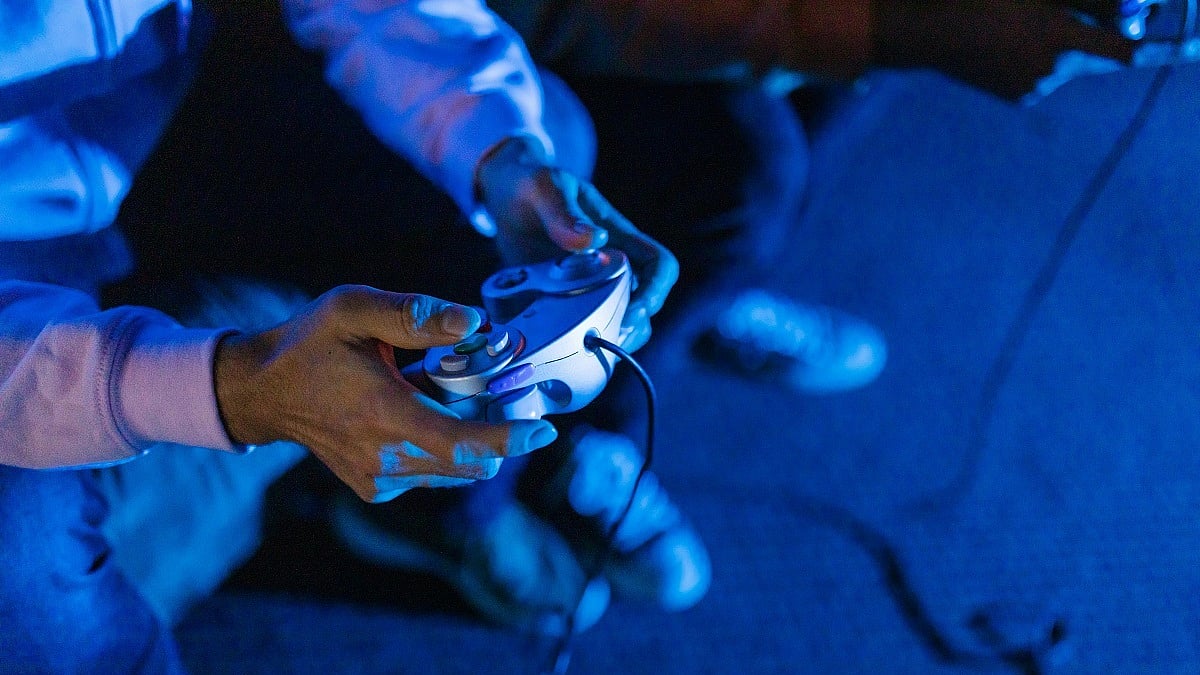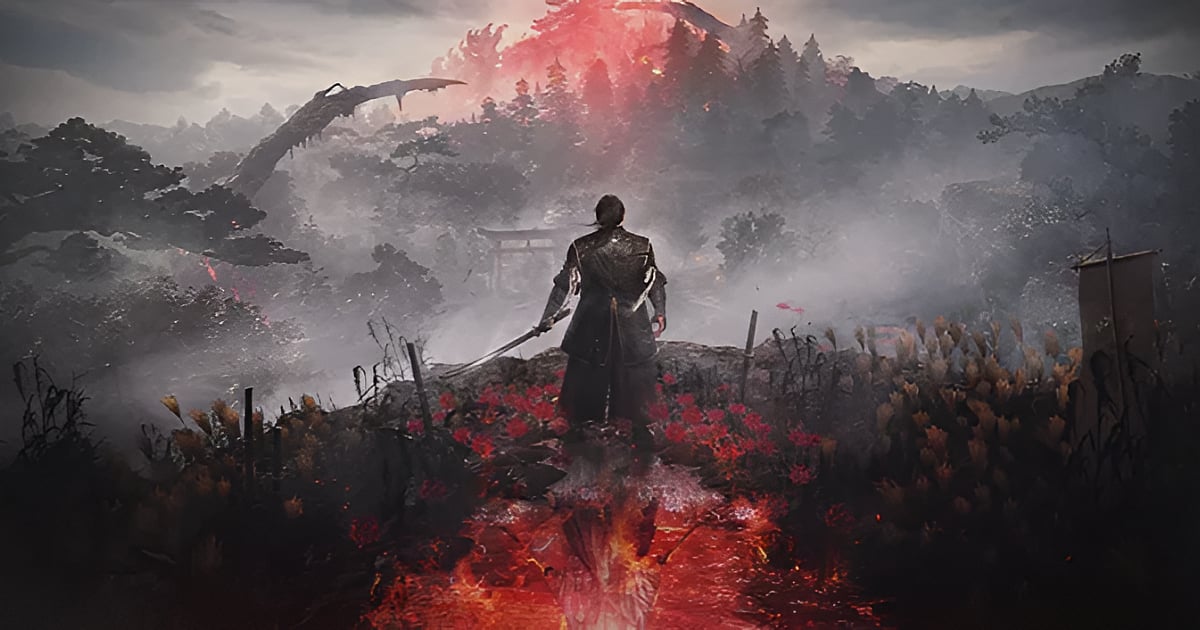
South Korea Calls for New Gaming Policy
South Korean Leader Calls for New Gaming Policy Amid Gaming Growth
Ruling-party leader calls for legislative overhaul, aligning with South Korea’s games and esports ecosystem growth.
Highlights
- At G-STAR 2025, DPK leader Jung Chung-rae introduced South Korea’s new Game Industry Promotion Act (GIPA), which would shift from regulation-heavy governance to a modern, innovation-led framework.
- The amendment expands private rating-agency authority, enforces stricter oversight on speculative games, while preventing operators from evading penalties.
- Jung framed esports as a strategic economic sector, citing Korea’s projected $14.6B gaming market, and reinforcing government commitment to strengthening the country’s global gaming leadership.
During the annual video game trade show, G‑STAR 2025 in Busan, the leader of the Democratic Party of Korea (DPK), Jung Chung-rae, promoted South Korea’s new Game Industry Promotion Act (GIPA). The proposed agenda, according to him, strengthens the country’s esports and games regulatory framework.
He visited the event on Nov. 14 and took part in the On-site Roundtable to discuss K-GAME Future Strategies and reaffirmed DPK’s pledge to foster Korea’s gaming industry as the country’s future growth engine. Chung-rae mentioned “the gaming industry accounts for about 63% of K-Pop exports,” to highlight its impact on South Korea’s overall economy.
Korea’s last legislative framework for the gaming industry, GIPA, was implemented in 2006. According to Chung-rae, new regulatory and promotional frameworks are necessary to support the game industry's growth with talent development and investment, after two decades of advancements in the sector.
The new legal framework for GIPA, “Comprehensive Amendment Bill to the Act on the Promotion of Game Culture and Industry,” was enacted to promote the game industry, contribute to the national economy, and improve cultural life by creating a foundation for the game industry and ensuring a healthy game culture. In March 2025, the National Assembly passed an amendment to the new act.
Korea’s Game Industry Act Revision Proposals
According to Cheong-rae, the proposed amendment aims to adapt to the quick changes in the gaming sector by transitioning from a regulation-centric governance model to one that prioritizes autonomy and innovation.
His policy push targets the content revision policy for video games. The proposal aims to resolve the longstanding problems under the current GIPA policy, while maintaining a stricter rating policy for “Speculative games” (games involving betting, casino simulation, and the like).
The updated Act also broadens qualification criteria by allowing companies to meet the threshold through either sales or capital, easing entry for smaller publishers and new market players. Another key change is the expansion of private rating-agency authority to include adult (19+) titles, marking a shift toward a more decentralized and industry-responsive ratings ecosystem.
The amendment further introduces restrictions preventing game-service providers from submitting closure reports while facing ongoing administrative sanctions, a move intended to stop operators from evading regulatory penalties.
Jung Chung-rae’s Vision
Jung Chung-rae’s advocacy for a stronger gaming and esports policy aligns with his vision for South Korea’s growth. He mentioned that in 2004, he pushed the enactment of GIPA after witnessing that the gaming industry revenue was four times more than the combined revenue of other entertainment sectors.
With a backdrop of Korea’s gaming industry growth, he emphasized that the Democratic Party plans to resolve institutional deficiencies or legal obstacles in the industry. Representative Cho Seung-rae further added that the assembly is currently persuading the Ministry of Strategy and Finance for the full-scale implementation of the revised Game Industry Act.
South Korea’s gaming and esports ecosystem is entering a pivotal phase, with the gaming market projected at $14.6B revenue by 2025, placing the country among the world’s top four game markets. Leveraging the timing, legislators like Jung Chung-rae are treating esports as a strategic economic sector and export engine.
Furthermore, Jung Chung-rae’s public push of the new act during G‑STAR 2025 showcases the government’s confidence in the gaming industry's growth, and positions the country as a competitive market in the global gaming landscape.

Author
Kamalikaa Biswas is a content writer at Outlook Respawn specializing in pop culture. She holds a Master's in English Literature from University of Delhi and leverages her media industry experience to deliver insightful content on the latest youth culture trends.
Related Articles







